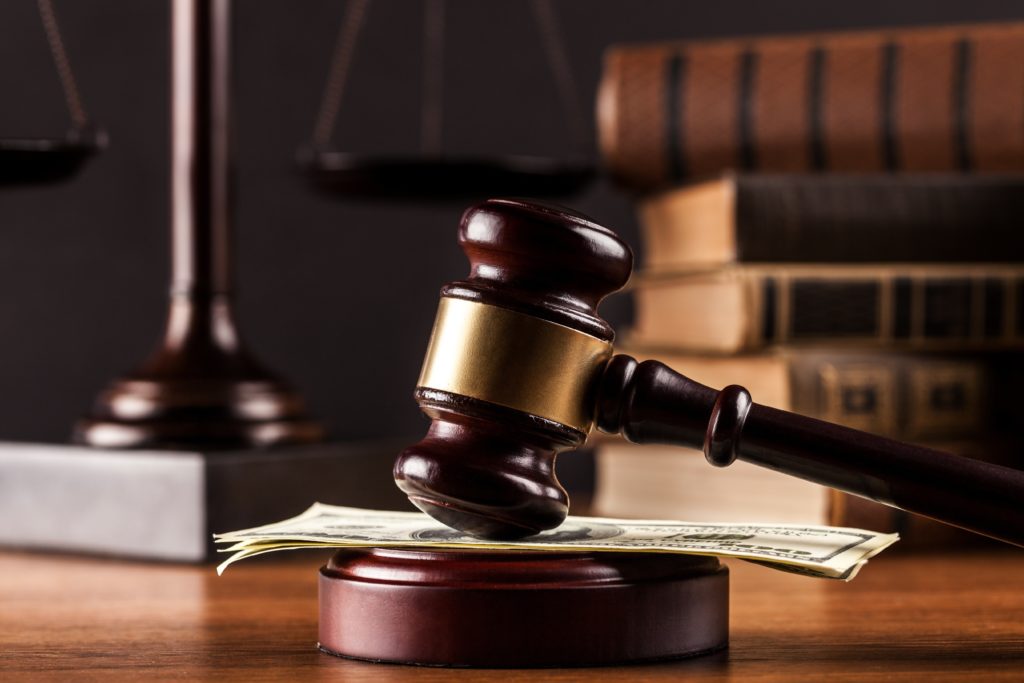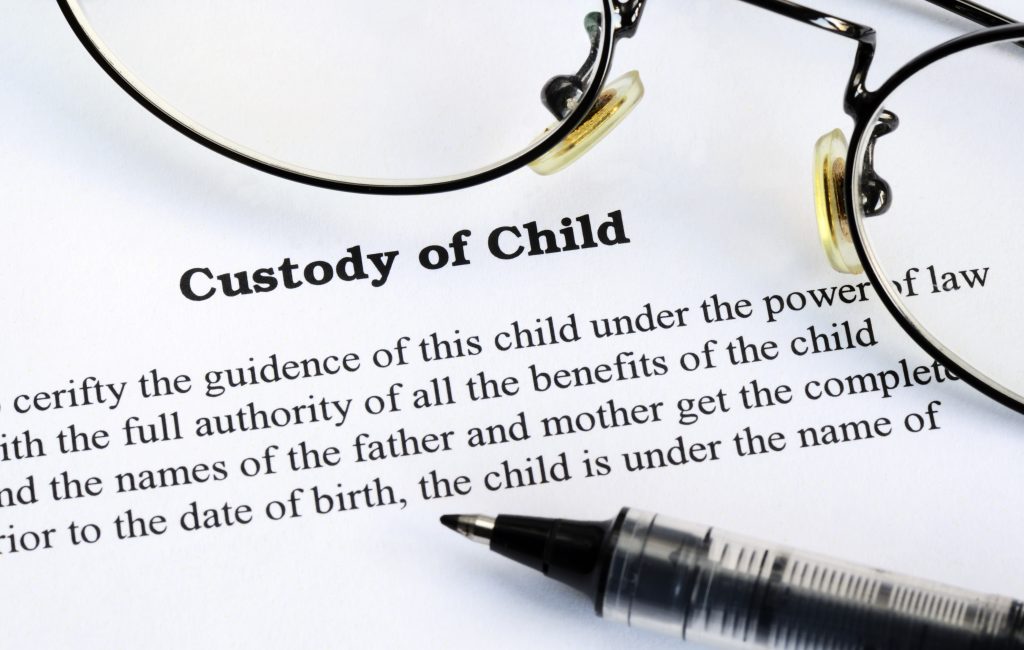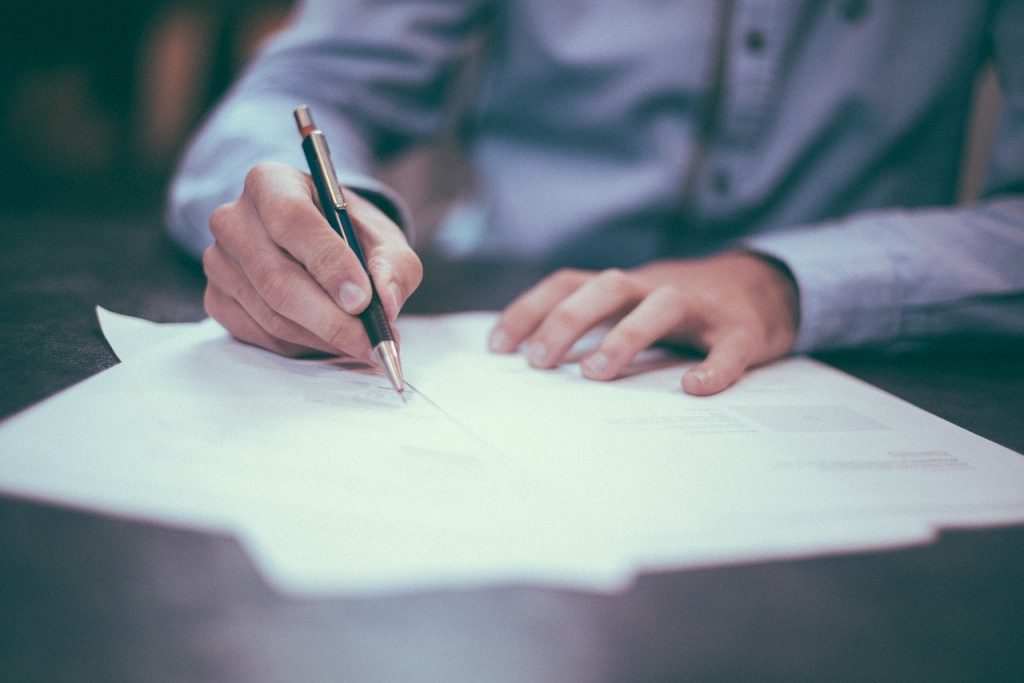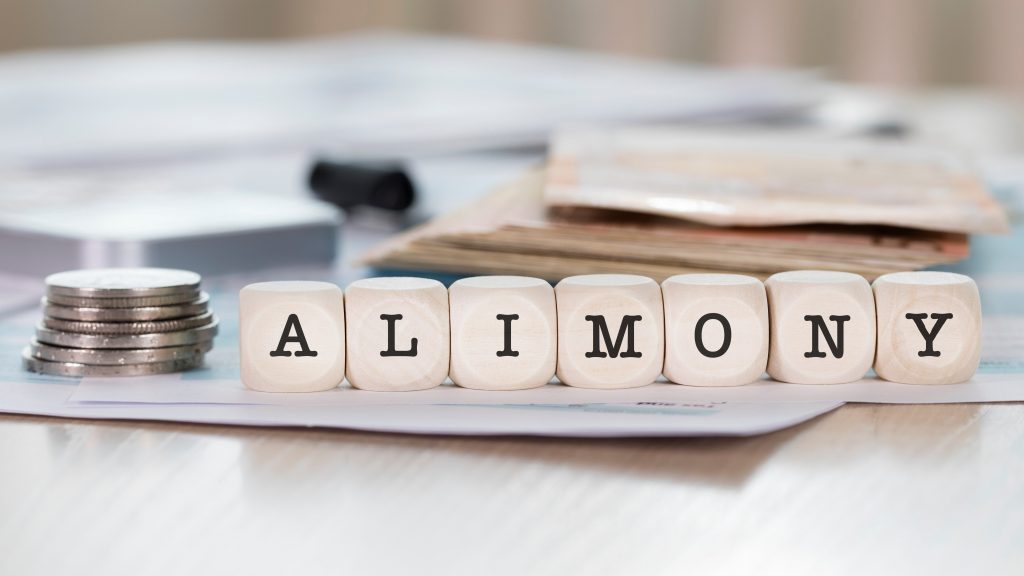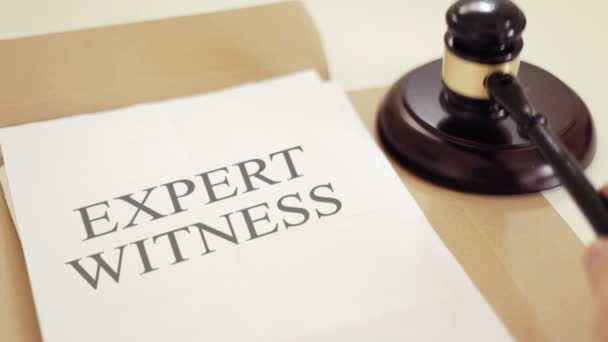
Expert Witnesses in Utah Courts
While most Utah lawsuits get resolved through settlement, some go to trial; and of the lawsuits that go to trial, some will involve “expert witnesses.” An expert witness is someone considered to be an expert in a particular trade, practice, or field of study, and is hired to testify in a trial solely regarding topics within the realm of their specific expertise.
If you are considering hiring an expert witness to testify in your particular Utah trial, there are a number of things you should consider, so as to maximize your efforts to retain the best possible expert for your case, and to better ensure that the expert’s testimony will be admissible and persuasive.
How Do I Choose a Qualified Expert Witness?
First and foremost, someone can be qualified as an expert and testify at trial as an expert only if the person has knowledge, skill, experience, training, and/or education which gives them scientific, technical, or other specialized knowledge that will help the judge or jury either understand the evidence presented at trial, and/or better determine the truth or falsity of the disputed facts. To determine whether someone has such expert knowledge, it needs to be clear that the principles or methods that the expert plans to use to support their testimony are reliable, generally accepted by the relevant expert community, based upon sufficient data/facts, and applied to the case at hand in a reasonable manner. See Utah Rules of Evidence Rule 702. The opposing party will have a chance to object to the “expert” status of the witness you wish to use, sometimes using their own expert witness to do so. In summary: you want to make sure that your expert is truly an expert in their field.
Your next step will be to officially hire your expert witness, and to disclose information to the opposing party about the expert within Utah’s provided deadlines. The preliminary information you’ll disclose includes the expert’s education, a list of their publications from the last 10 years, an explanation of the compensation you’re paying them, and so on.
Soon after you’ve provided your expert witness’ preliminary information to the opposing party, the opposing party could request to either schedule a deposition of your expert, or that your expert witness provide a written report regarding the expected testimony. Written reports are pretty common among expert witnesses, and help the parties and the Judge to plan ahead.
Will My Expert Witness’ Testimony be Admissible?
Even if a witness is truly an expert in their field, a Judge could prohibit them from testifying at the trial if the proposed testimony is not admissible pursuant to Utah laws. For example, the expert can only depend on principles or methods that are reliable, and those principles and methods can only be based upon “sufficient facts or data.” U.R.Evid. Rule 702.
The Utah Appellate Court recently ruled in Cal. College Inc. v. UCN Inc., 2019 UT App 39 (Utah Ct. App. 2019), that some of the expert witnesses’ testimonies in that case regarding damages actually should not have been admitted in the trial, because the experts relied upon faulty facts/data in making their assessments. There were no issues with the experts’ backgrounds, education, or experience. But the party who hired the expert witnesses in question even “admit[ed] that the data given to [the expert witness] contained some inaccurate values,” and primarily because of this, the Appellate Court decided the expert testimony was entirely inadmissible.
Will My Expert Witness’ Testimony be Persuasive?
Although every judge’s and jury member’s personality is different, and it’s impossible to know which expert’s personality will be the most persuasive in your particular trial, typically the following traits will be helpful:
- A good amount of past experience testifying as an expert witness (which usually produces more confidence in a courtroom setting), combined with a reputation for being fair and unbiased as an expert witness; and
- An impressive resume (“curriculum vitae,” a.k.a. “CV”) which demonstrates that the expert has specialized knowledge in the very specific topic to which the expert will testify. The more specific the expert’s knowledge or experience, the better.
Finding an expert witness is always best achieved with the advice and connections of an experienced Utah attorney. Call Daniel W. McKay & Associates to schedule a consultation with such an attorney.
you may also like
In Utah, what is needed to qualify for a Stalking Injunction?
If you are scared for your safety because you reasonably believe someone might try to harm you…


